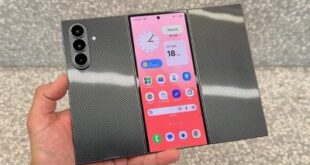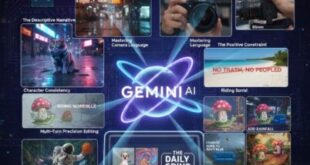We are living in interesting times, as we are witnessing a major transformation in auto industry. As fossil fuels are nearing their end and becoming costlier and costlier, the era of electric cars and electric vehicles is on the rise. Over the next decade, a significant chunk of vehicles is expected to be electrified.

While electric cars are currently the best alternative to fossil-fuel cars, there’s another development taking shape in the form of hydrogen cars and hydrogen vehicles. A lot of investment is being poured in developing hydrogen cars and related infrastructure, as many believe it to be the future of auto industry.
It makes us wonder if we should buy an electric car or hydrogen car. Or maybe wait for a few years till more options of hydrogen cars are available. Let’s take a look at some key insights to better understand if hydrogen cars are better than electric cars.
Range – This is probably the most important thing people consider when buying an electric car. Fossil-fuel cars essentially have unlimited range, as long as fuel stations are readily available. Electric cars don’t enjoy such privileges, as there’s a wait time for recharging the batteries. Current-gen electric cars have average range of around 300 to 400 miles. Electric car with longest range is currently Lucid Air Dream Edition that offers up to 520 miles range. Range of hydrogen cars is around 400 km on a full tank. As of now, there’s not much difference in range of electric cars and hydrogen cars.
Charging time – A great hassle associated with electric cars is the wait time needed to charge these cars. Even the most advanced electric cars take several minutes for recharging up to a specific level. Recharging time is more in case of commonly available electric cars. In comparison, hydrogen cars can be refueled just as fast as fossil fuel cars.
Vehicle cost – If we look at comparable products like Tesla Model 3 electric car and Toyota Mirai hydrogen fuel cell car, there is not much difference in pricing. However, while affordable electric cars are also available, there is currently no such option in case of hydrogen cars. Affordability is currently not in favor of hydrogen cars. It makes them unviable for mainstream market.
Lifespan – In case of electric cars, the battery pack may need replacement after 5-8 years. In comparison, fuel cell stack in hydrogen cars like Toyota Mirai can last through the entire life of the car. In essence, lifespan of hydrogen cars is similar to that fossil-fuel cars.
Environment – Both electric cars and hydrogen cars have zero emissions. If renewable energy sources are used for refueling these cars, both will be equally environment friendly.
Safety – There are concerns about safety of both electric cars and hydrogen cars. There are already various violent fire incidents involving electric cars. Researchers are currently working to improve battery safety for electric cars. Hydrogen cars are also considered risky, as hydrogen is flammable. Proper safety precautions need to be taken to reduce risks associated with hydrogen cars.
As is clear from above, both electric cars and hydrogen cars have their advantages and disadvantages. It is possible that the future may be able to accommodate both these technologies. It remains to be seen which among these will emerge as the preferred choice for consumers. Electric cars have taken an early lead, but things may change in the long run.
 Newspatrolling.com News cum Content Syndication Portal Online
Newspatrolling.com News cum Content Syndication Portal Online







